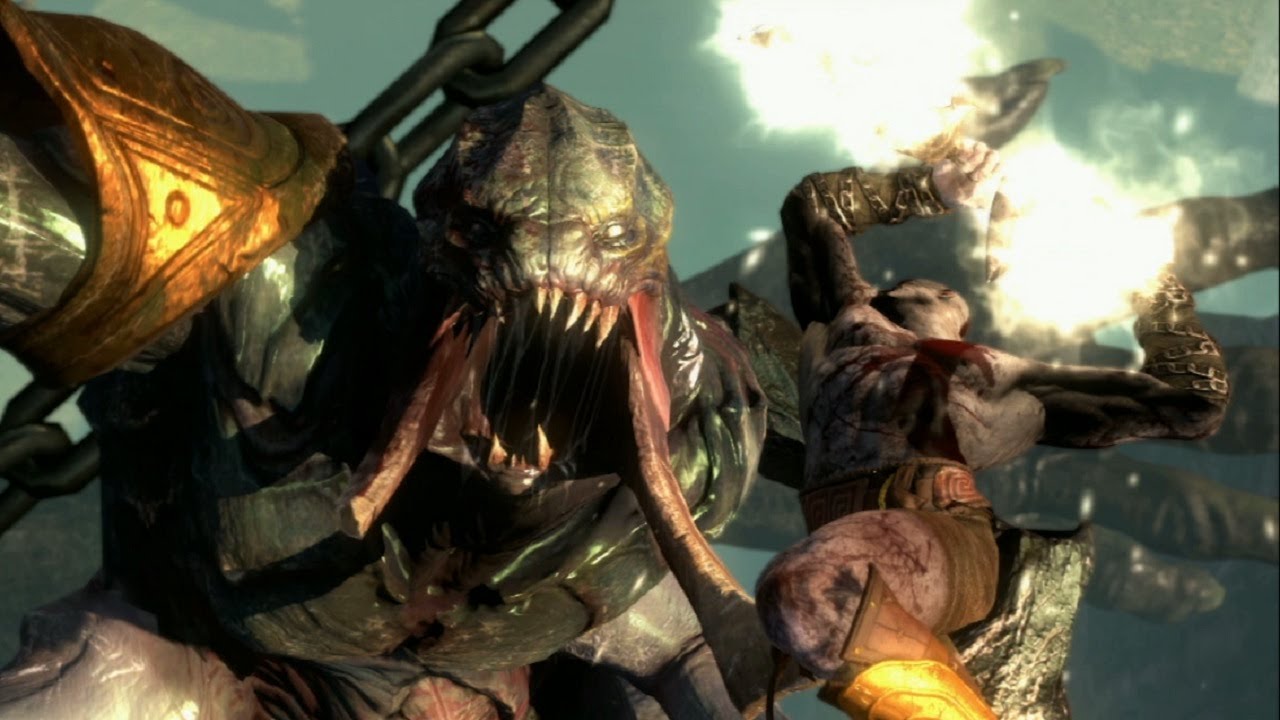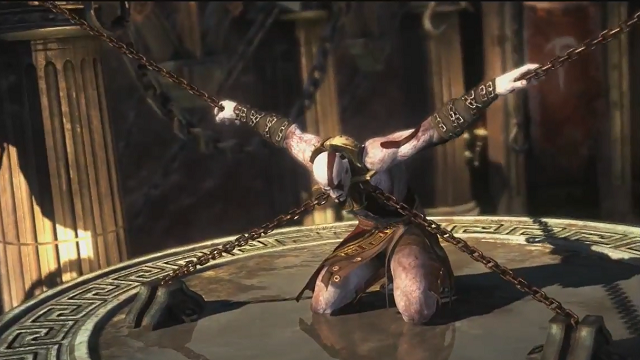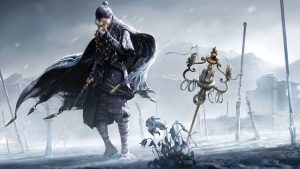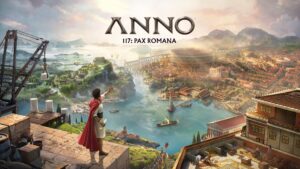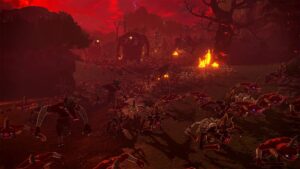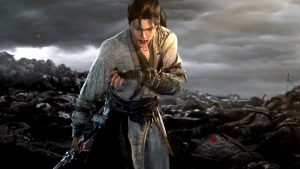
God of War as a franchise is in the best shape of its life right now. Since its debut on the PS2 nearly two decades ago, the action-adventure series has delivered a steady stream of games that have seen great critical and commercial success, including the likes of the first three numbered God of War games, which all have Metacritic scores of 90 or above. And yet, even with all of that in its rearview mirror, in 2018, the series managed to surpass any of its achievements with the soft reboot-slash-sequel titled simply God of War, which is the series’ biggest critical and commercial hit to date by far.
Of course, looking deeper into background of the 2018 title’s release makes its accomplishments even more impressive, because for a few years until it came out, the God of War franchise wasn’t doing too well. In 2013, Sony released God of War: Ascension for the PS3, which is widely regarded to be the black sheep of the franchise. With lukewarm reception from critics and audiences, God of War: Ascension is perhaps the biggest (and probably the only) stumble from the series, to the extent that it made it abundantly clear that its established formula had run out of steam.
Ascension’s failure to wow people was so severe, in fact, that it put God of War on ice for a good few years, forcing Sony and developer SIE Santa Monica Studio to completely rethink the series. All’s well that ends well, and God of War (2018) turned out to be just the kind of reinvention it needed to be, but what about Ascension was it that ended up necessitating it in the first place? What exactly makes it the series’ lowest point bar none?
The biggest factor that contributed to God of War: Ascension’s relative failure was the plain and simple fact that people at large had grown tired of the series’ established formula by that point. It’s a mistake that video game franchises have made time and time again over the years. Starting with the first game on the PS2 in 2005, in the space of eight years, Sony released six mainline God of War games across three platforms that all adhered very strictly to a very specific formula, and by the time Ascension came along, players were ready to move on to something new, and something with perhaps a bit more nuanced.
Nothing can take away from how good the vast majority of the Greek era God of War games were, but they were all also products of their time. From level design to mechanical depth to storytelling and more, the God of War formula was one that simply did not have enough to it to sustain that many games. 2010’s God of War 3 served as a perfect stopping point for the series in many ways, because with its sheer epic scale and its ridiculous focus on polish, it took the God of War formula to its absolute peak, and showed us things that its predecessors simply hadn’t been able to do. With God of War: Ascension, on the other hand, it was very much just a case of “more of the same”. Clearly, it was a game made by a team that had run out of ideas on how to further expand upon the formula they were working with- primarily because the game’s predecessors had already done pretty much everything that could be done on that front.
Of course, given the fact that at its core, the God of War formula still entailed brutal, gory combat and high-octane set-pieces and boss fights, there’s no denying that there was still fun to be had in Ascension. It all felt like it was just going through the motions though, like it was constantly retreading very familiar ground. A God of War that cannot get your blood pumping with its action in new and exciting ways has clearly failed on some level, and that could very much be said about Ascension. If those original six God of War releases hadn’t all been crammed into an eighty-year window and each release had been given some time to breathe, maybe Ascension would have attracted relatively less criticism for how unambitious and familiar it felt, but as and when it launched, it felt almost unnecessary.
On top of being overly familiar to the point where it almost couldn’t justify its existence, it’s also worth bringing up that God of War: Ascension wasn’t without flaws with its actual content either. The game’s story in particular was underwhelming at best. Sure, it had some solid moments here and there, but by and large, it feels completely inessential. In all honesty, if you’ve never played the game, at least where series’ larger story is concerned, you’re not missing much. Like much of the rest of the game, Ascensio’s story is largely forgettable and barely makes any lasting impression. God of War: Chains of Olympus does a far, far better job of serving as a prequel to the original game in the series.
Meanwhile, for some reason, God of War: Ascension also had a multiplayer component. That, of course, was very much the trend at the time- multiplayer had taken off like no one could have imagined, so developers and publishers all over the industry were rushing to cram multiplayer component in their games, even if it made no sense to do so. God of War: Ascension was one among several single player games that made the baffling decision to include a multiplayer component- and to little surprise, it didn’t work out.
To be fair, Sony Santa Monica actually did a surprisingly decent job of translating God of War’s combat mechanics to multiplayer. Credit where credit is due, because many wouldn’t have imagined that even that would be possible. Beyond that, however, there wasn’t much else of note to say about Ascension’s multiplayer offerings. It was fun and novel enough to be engaging for maybe dipping your toes in the water a couple of times, but there wasn’t nearly enough meat on the bones to sustain any real interest from anyone.
It’s really no surprise that Sony almost pretends like God of War: Ascension never happened. Pretty much every other game in the series has seen re-releases over the years in an effort to introduce them to newer audiences, but Sony has let Ascension languish on the PS3’s library since its launch back in 2013- and honestly, there aren’t a great deal of people who’re just clamouring for a remaster either. That said, as the game that compelled Sony and Santa Monica Studio to completely revamp and radically reimagine God of War in such spectacular fashion will always be part of its legacy, which is something.
It’ll be interesting to see whether Sony will look to its past as it moves on from its Norse mythology setting after God of War Ragnarok. Assuming the next game however many years down the line takes us to a new mythological setting, will it once again try and reinvent the wheel in an attempt to let stagnation set in, or will it try and get more out of this new formula? Either way, if Sony has taken its lessons from Ascension (which one would assume it has), we can at least be sure that the series is unlikely to get to that kind of a low point again anytime soon.
Note: The views expressed in this article are those of the author and do not necessarily represent the views of, and should not be attributed to, GamingBolt as an organization.








